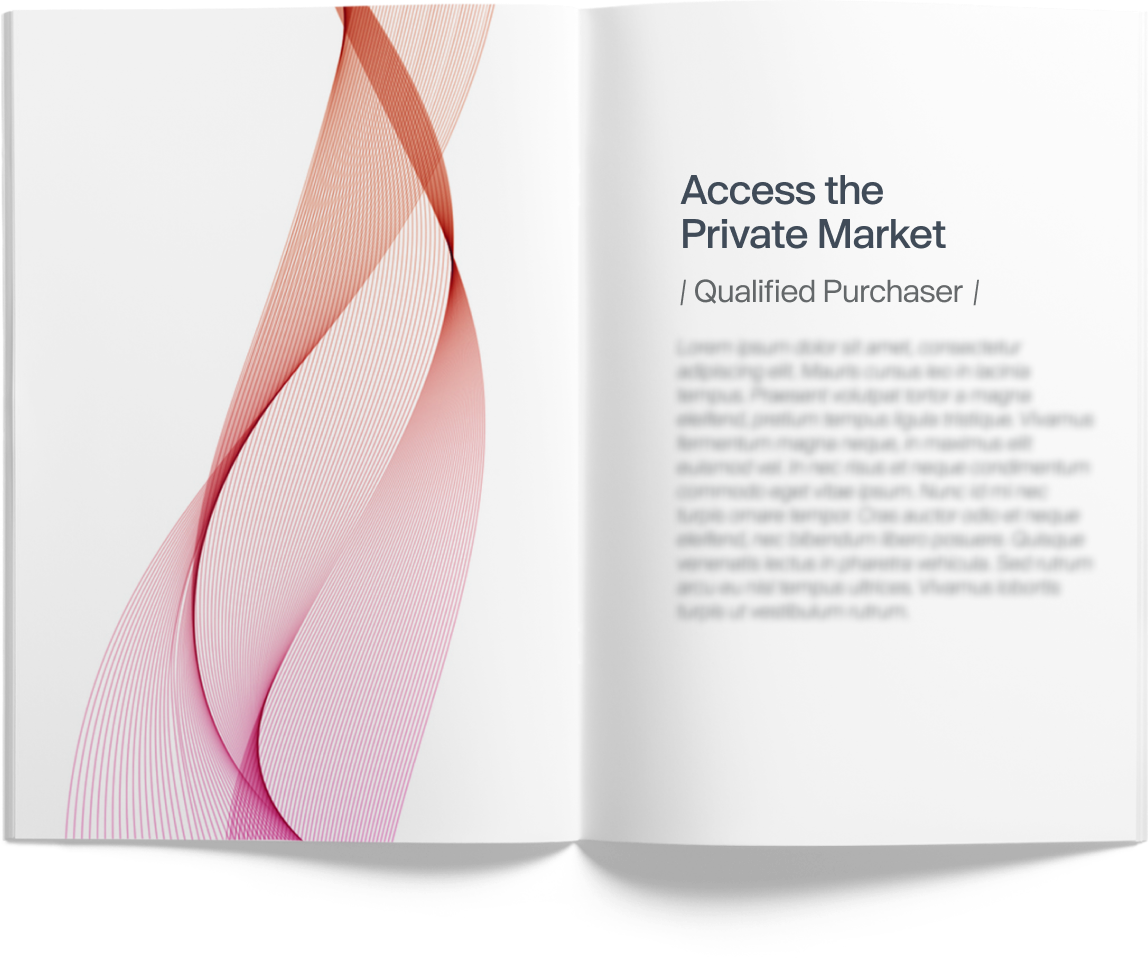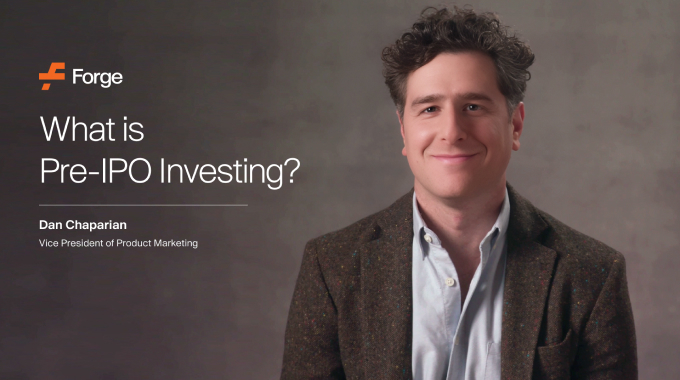Private Market Glossary
What is a qualified purchaser?
A qualified purchaser is an individual or entity that meets certain financial requirements, based on Securities and Exchange Commission (SEC) rules, which enables them to invest in a wider range of vehicles than the average investor. Generally, for an individual to be a qualified purchaser, they need to have at least $5 million in investments ($25 million for entities).

A better understanding of a qualified purchaser
A qualified purchaser can be any of the following, according to SEC rules:
- An individual that has at least $5 million in investments
- Family-owned companies with at least $5 million in investments
- Trusts that meet certain criteria, such as the person who contributed to the trust being a qualified purchaser
- Persons such as institutional investors that, for their own account or for the accounts of other qualified purchasers, have at least $25 million in investments on a discretionary basis
As a qualified purchaser, an entity is generally allowed to invest in a wider range of investment options. For example, qualified purchasers can invest in 3(c)(7) funds, which allows for a larger number of investors compared with 3(c)(1) funds. Because the qualified purchaser standard is higher than the accredited investor standard, a qualified purchaser generally meets the SEC requirements for accredited investors as well.
What role does a qualified purchaser play in the private market?
A qualified purchaser is a type of investor who can participate in certain alternative asset vehicles, such as 3(c)(7) funds. This standard gives fund managers and advisers when interacting with qualified purchasers to launch investment vehicles that offer more flexibility in terms of the number of participants than the type of vehicles available for accredited investors. This ultimately enables the fund to grow to a bigger size and invest more capital through a single vehicle.



